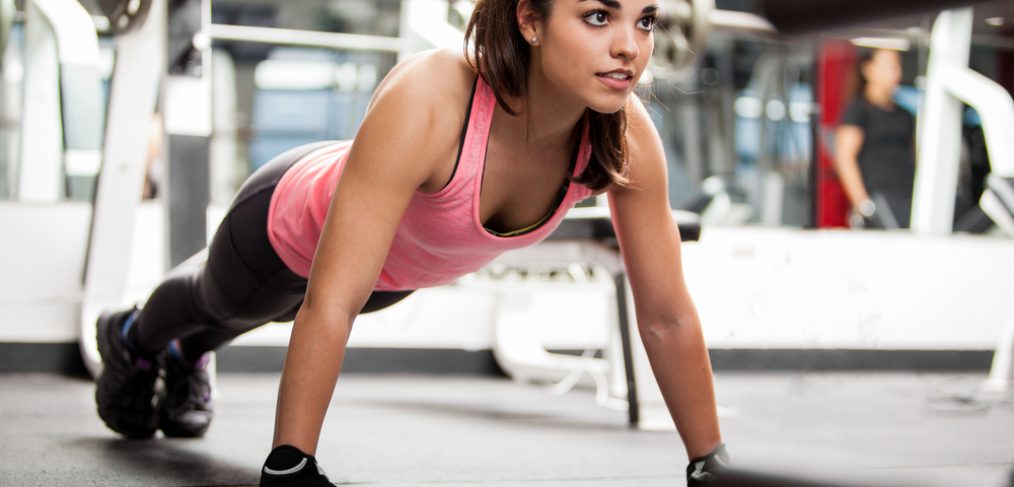So here’s an interesting story. An American decides to live out his golden years in the tropics of Costa Rica. There he meets a German gentleman who owns a couple of acres about 10 miles away from the Pacific coast. A few months later, the American hears that the German gentleman was found singing at a bus stop, completely naked, emaciated, and sick and was promptly sent back to Germany to the waiting arms of his family to recover. How did this happen?
It turns out that the German had decided to put himself on a coconut water fast several months long. Upon examination, it was determined that not only was this man depleted of minerals, he also was suffering from a rather extreme vitamin B12 deficiency leading to hallucinations and psychosis. He was promptly pumped full of the vitamin he lacked and sent back to his tropical paradise to live out the rest of his days.
In these days of veganism, vegetarianism, cleanses and crash diets, vitamin deficiencies can be all too common, and, while you may not find yourself at the point of naked and singing at bus stops, you should be aware of some of the following signs alerting you that your vitamin intake is not where it should be.
Cracks Along the Corners of The Mouth
This can be a sign that you’re not getting enough zinc, B vitamin, iron or protein. Try putting some organic eggs and poultry in your diet, or try some wild caught Alaskan salmon, organic eggs and poultry or tahini. Also, get some vitamin C in there; it will help with iron absorption. Load up on the broccoli, kale, and cauliflower.
Scaly Red Rash and Hair Loss
If you suffer these symptoms, you may have a biotin deficiency. While the body needs biotin to metabolize fats, amino acids, and carbohydrates, it is probably most known for its ability to strengthen nails and hair and is also a key ingredient in most hair, skin and nail vitamin formulas and shampoos. If you’re looking to get some biotin from your food, cook up some raw egg white or down the whole egg raw. Eating raw egg whites alone can actually lead to a biotin deficiency.
Acne-like Bumps on Your Arms, Thighs, and Buttocks
These can be signs that you need more essential omega-3 fatty acids as well as vitamins D and A. You can get omega-3 in anchovies and sardines or in a krill oil supplement. Vitamin A can be found in carrots, sweet potatoes, leafy greens, and red bell peppers; and vitamin D can be obtained through safe exposure to the sun.
Numbness of Hands and Feet
Other signs of B-vitamin deficiency, tingling and prickling in the feet and hands are caused by the effects of the deficiency on the peripheral nerves and can include depression fatigue, anemia and hormone imbalance. If your feet are tingling, try to down some asparagus, spinach, organic eggs and poultry, or grass fed beef.
Muscle Cramps
Muscle cramps can be caused by a lack of magnesium, potassium and calcium. Combat this with some hazelnuts, squash, leafy greens, apples and broccoli.
Let the tale be a precautionary one. Take these steps now to avoid vitamin deficiency or risk public embarrassment. If you have any stories or advice about vitamin deficiencies or public embarrassment for that matter, we would love to hear from you! Feel free to send in comments and stories.





